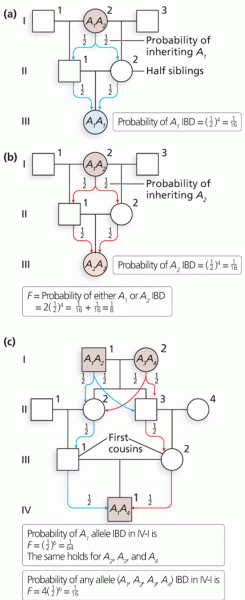- Grade 11 and 12 Mathematics (Moderator: geoffrey)
This topic contains a solution. Click here to go to the answer
|
|
|
- Grade 11 and 12 Mathematics (Moderator: geoffrey)
Did you know?
There are 60,000 miles of blood vessels in every adult human.
Did you know?
Symptoms of kidney problems include a loss of appetite, back pain (which may be sudden and intense), chills, abdominal pain, fluid retention, nausea, the urge to urinate, vomiting, and fever.
Did you know?
Certain chemicals, after ingestion, can be converted by the body into cyanide. Most of these chemicals have been removed from the market, but some old nail polish remover, solvents, and plastics manufacturing solutions can contain these substances.
Did you know?
Asthma cases in Americans are about 75% higher today than they were in 1980.
Did you know?
After a vasectomy, it takes about 12 ejaculations to clear out sperm that were already beyond the blocked area.







